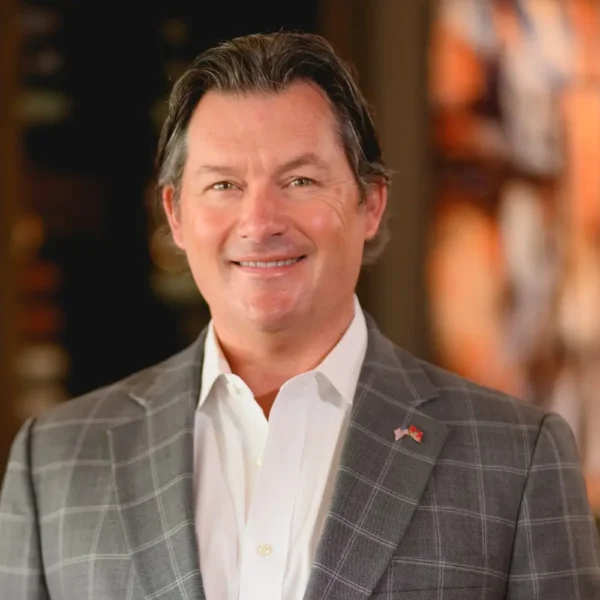Humility Is the Trait That Holds Everything Together
Patrick Lencioni, in his book The Ideal Team Player, identifies three essential traits for anyone you bring onto a team: hungry, humble, and people-smart. Each one matters—but if you’re looking to build a team, especially one that works, humility isn’t just important… it’s non-negotiable.
Picture this: you gather the five most brilliant, accomplished, driven people you know into a room. Now imagine that each one is convinced they’re the most brilliant person in the room. Not only that, but they quietly (or loudly) believe they’re better than the rest. That’s not a dream team—it’s a disaster waiting to happen. Talent without humility is a ticking time bomb.
The Biology of “Better Than”
It’s not just ego—it’s brain chemistry. Our brains are wired to evaluate where we sit in the pecking order. The SCARF model in neuroscience explains how we respond to status, certainty, autonomy, relatedness, and fairness. In short, our brains care a lot about whether we feel more important or less important than others. While lions might bare their teeth or puff their chests, we humans tend to flex through cleverness, sarcasm, and self-importance.
Case in point: a recent college football rally gone viral. One team leader, hyping the crowd, insulted the opposing team by calling them “hillbillies who can’t read their own jerseys.” The jab was meant as humor but came off more like insecurity dressed as swagger. Ironically, those so-called hillbillies pulled off the upset win.
That’s the thing about arrogance: it’s often loudest right before the fall.
Everyone Uses the Restroom
In the early 2000s, I had the unique experience of serving as a Presidential Social Aide at the White House. It was a fascinating season, rubbing shoulders with everyone from heads of state to movie stars to Hall of Fame athletes. You start to think you’re surrounded by untouchable legends.

But here’s the thing they all had in common: eventually, each of them pulled someone aside and asked, “Where’s the restroom?”
No matter how impressive their resume or influence, every single one of them was still just a human being with normal human needs. We’re all one unlucky moment away from being knocked off our pedestal—whether financially, physically, or professionally.
Leadership Without Humility Isn’t Leadership
If a leader forgets how fragile their status really is, they’re not leading—they’re performing. When someone starts believing they’re better than the people they’re meant to serve or lead, their influence turns toxic. Titles don’t make leaders. Empathy does. So does the ability to look in the mirror and say, “I don’t have all the answers. And that’s okay.”
The world isn’t hurting for more experts or loud opinions. It’s hurting for leaders who can walk into the room and lift others up instead of trying to outshine them.
Choose humility. That’s where real leadership begins.
